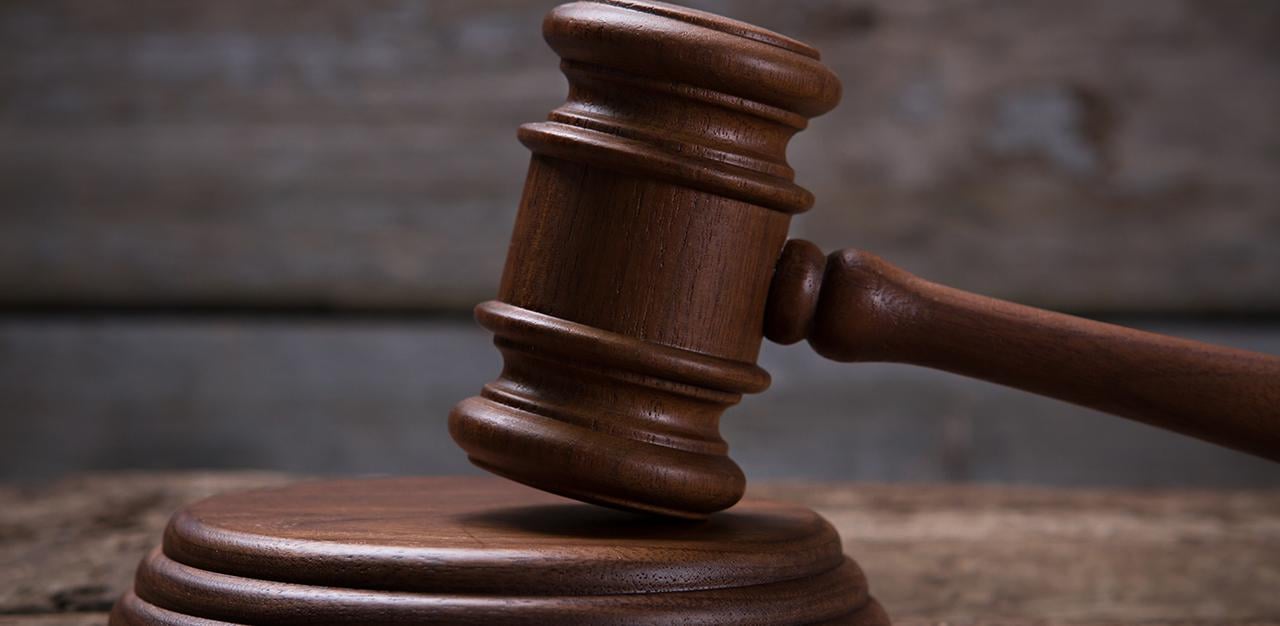
On Tuesday, September 6, 2022, America’s Future filed an Amicus brief in the Supreme Court of the United States (SCOTUS) in Timothy Moore, in his official capacity as Speaker of the North Carolina House of Representatives v Rebecca Harper, et al., Dkt No. 21-1271. Our brief supports petitioner Moore, as leader of the North Carolina General Assembly, that state’s legislative body, insomuch as the Elections Clause of the United States Constitution plainly confers powers to state Legislatures to prescribe regulations governing a state’s participation in national elections.
The Framers of our Constitution vested exclusive authority in state legislatures to determine the details concerning how each state would run national elections, including Congressional elections and U.S. Presidential elections. The reasons that the U.S. President is chosen by a body of electors “appointed” by state legislatures was described in Federalist Paper No. 68, stating, “to avoid cabal, intrigue, and corruption” and to prevent “foreign powers” from gaining influence. This reasoning reigns true today.
Whether state courts may nullify state regulations governing elections created by a state legislature and replace them with regulations of the state courts’ own making, based on overbroad and vague language (found in most state constitutions) purportedly vesting state courts with unchecked and unlimited powers to drum up whatever rules it deems appropriate to ensure fair and free elections.
It is reasonable to question the political and partisan nature of a state judiciary that is elected to a term of years. Consider both North Carolina and Pennsylvania – judges in these two states are elected and therefore face re-elections and often need the financial and influential backing of one party or the other. A foundational tenet of America’s judicial branch is that it be impartial and disinterested neutral arbiters as to the important matters brought before them by litigants. American judicial principles of fairness, due process and equal justice for all can be easily obstructed when judges are merely political figures involved in political activities catering to their base to garner the financial support and name recognition necessary to win re-election. This framework undermines the public’s confidence in elections. This cannot possibly be how this country’s judicial branch was envisioned.
In this case, North Carolina’s General Assembly revised the congressional districts within its borders only to have the state’s highest court reject the General Assembly’s redistricted map and, instead, put in place a redistricted map of its own choosing. The paradox here is that North Carolina’s judges are elected political figures yet they operate as though they are apolitical, being held out to the public as impartial and neutral decision-makers.
To understand why a state legislative body is the appropriate rule-maker as opposed to state courts, we look to our history, traditions and customary notions of a successful self-governed nation – a Constitutional Republic.
As clearly explained in our Amicus brief, the legislative body best serves the interests of the public regarding rule-making and regulation rather than a judge’s bench: “the Framers [of our Constitution] had long experience with legislative bodies during the colonial period. They knew the strengths of such bodies and their weaknesses. They knew that state legislatures can be frustrating in causing delay and even gridlock, but they knew that state legislatures conducted open debate with the transparency that deliberation requires. State legislators would likely include persons from all walks of life — farmers, merchants, persons with military background, physicians, and even lawyers. They would come from rural portions of each state and more densely populated areas. They would be of different ages and different temperaments. They would likely be drawn from different religious backgrounds. And they would regularly stand for election within a House or Senate district sufficiently small that the person would be reasonably well known and respected by the electorate. When this mix of persons who exhibited leadership skills would assemble, the result would likely reflect the will of the people. Such a deliberative body could only rarely be captured by narrow factional interests, and if it were to occur, likely would not last long.”







